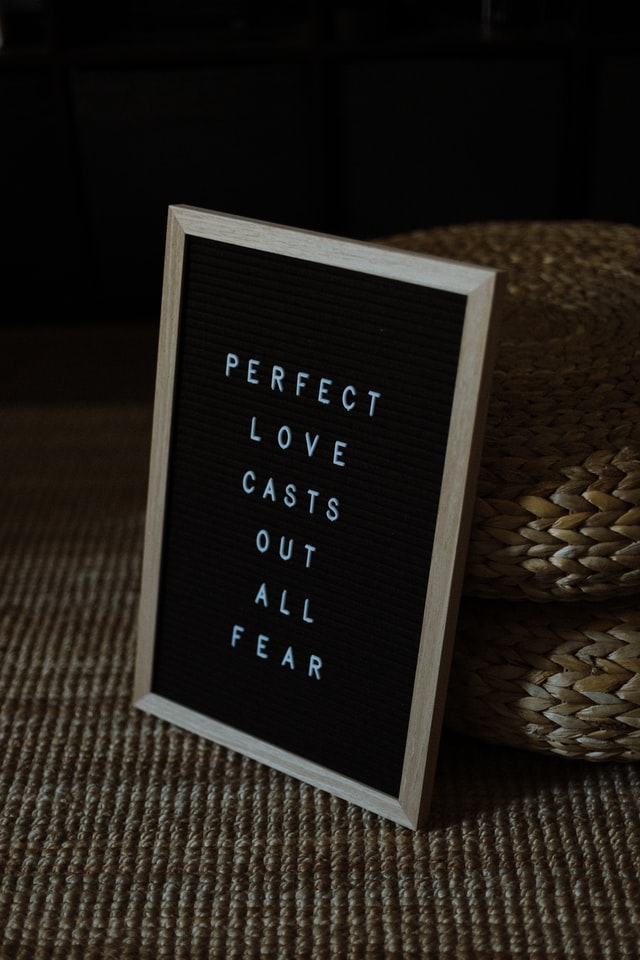Some Therapy Thursday sessions involved discussions on a wide range of topics, loosely tied around family, relationships, and communication, but with no particular end goal in sight. Other sessions were pointed in their purpose.
Over a series of sessions that spanned a couple/few months, we spent time discussing, in detail, what I really wanted in a relationship, what it would ideally look like, and some tenets of successful conflict resolution.
This is a high level view of those conversations and their revelations.
How do I want to be loved?
How do I want to love?
I remember being surprised by my answer- mostly because it was succinct, unscripted and flowed out of me so smoothly that they felt like rehearsed lines. (They weren’t.)
Sometimes, we know the answer to our heart’s desire- we just have to be asked the right question(s) at the right time.
“To Love and Be Loved. Completely. Freely. Without allowing fear to keep us from loving or allowing ourselves to be loved. Without letting anger or disappointment keep us from loving or being loved, for that is when it is needed the most.”

Conflict & Relationships
No relationship is perfect or without its challenges. Having the love, maturity and commitment to address and overcome conflicts is paramount for a healthy relationship. So we started with the basics:
Conflict is a difference of opinions, and we sometimes believe that our needs won’t be met if there is conflict or a difference of opinions.
Oftentimes, it’s human nature to quit trying if we don’t have conflict resolution skills. Consequently, it is important to keep growing in our conflict resolution skills.
When tempers flare and patience wanes, agreeing on a short “time out” can be a wise idea.
And sometime we get so frustrated that we don’t have the capacity for rational conversation, even after a short “break”. That is when it is critical to step back from the situation for a bit longer.

The 24 Hour “Wait” Rule
Wait 24 hours to address the issue. During that 24 hour wait period, assess the importance of the issue (i.e. “Is it worth bringing this up?”)
Time often helps us recognize that what seemed so important is really a trivial matter not worth arguing over. Or, we may realize the real issue is not what we thought it was, and that clarity allows us to re-engage with a fresh attitude.
Sometimes one partner may shut down and will not engage, even after a “time-out”. In those situations, it’s impossible to resolve differences and come to a place of peace and understanding until both parties are willing to come together. So how do we open the door to conversation when our partner has withdrawn?
These “anchoring” questions can help us recognize that we have the capacity to have a rational, respectful and productive conversation, and that peace and agreement are not only possible, but also highly desirable to both of us. Once we’ve started on that path, it’s much easier (and more likely) that we will successfully come together again to work through the issue.

MOVING FORWARD, TOGETHER
Keep factors to ensure past moments of conflict don’t resurface:
- Do not hold it against the other person.
- Do not dwell on it.
- Do not let it stand between intimacy.
- Do not share the wrongs of the other with other parties.
I learned valuable lessons, we had some lively discussions, and I was equipped with more tools to support my efforts to have more successful relationships and better communication.
But above all else, I was reminded to make sure the relationship I chose was with an equal partner who matches my honesty and integrity.













